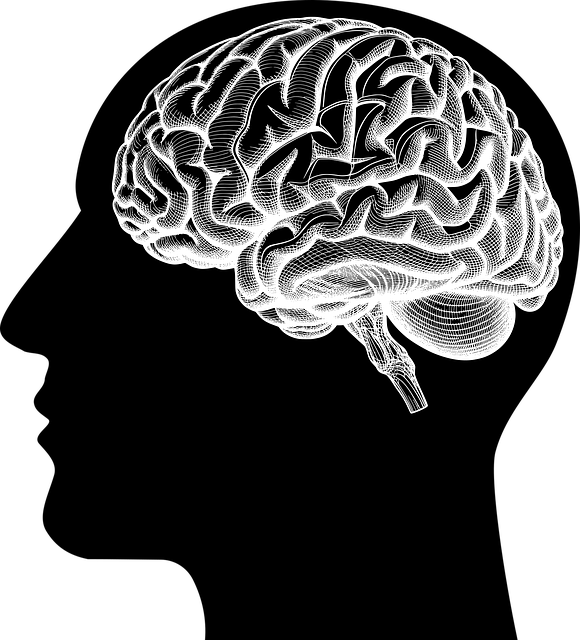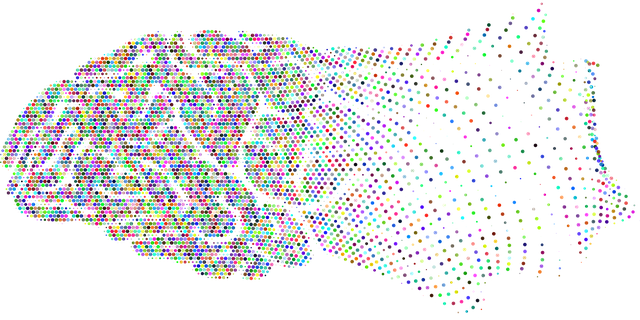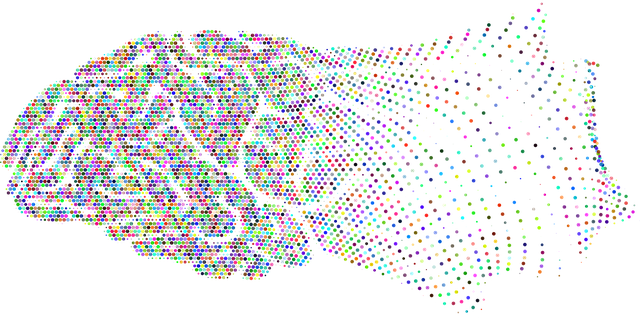Englewood Eating Disorders Therapy achieves success through tailored, evidence-based mental wellness group facilitation. Key strategies include active listening, cultural sensitivity, and structured activities addressing social anxieties and self-esteem issues. Creating safe spaces with open communication encourages participants to share experiences, fostering peer learning and resilience. Facilitators manage power imbalances and confidentiality while employing CBT for anxiety relief and Social Skills Training for better communication. This comprehensive approach enhances group dynamics, benefits members' self-esteem, and ensures effective burnout prevention for healthcare providers.
Explore the art of group facilitation for mental wellness through this comprehensive guide, tailored by Englewood Eating Disorders Therapy experts. Uncover key strategies to navigate complex dynamics within support groups. Learn effective communication tactics to foster open dialogue and create safe havens. Discover evidence-based techniques to enhance group interventions, ensuring every member feels supported. This article equips facilitators with tools to transform sessions into empowering experiences, mirroring the transformative power of therapy itself.
- Understanding Mental Wellness Group Dynamics
- Effective Communication Strategies for Facilitators
- Creating a Safe and Supportive Environment
- Evidence-Based Techniques for Group Intervention
Understanding Mental Wellness Group Dynamics

Understanding the dynamics within mental wellness groups is a cornerstone for effective facilitation, especially when addressing issues like eating disorders, as seen in Englewood Eating Disorders Therapy. These groups create unique environments where individuals share experiences and support one another through challenges related to mental health. Facilitators play a vital role in fostering a safe and supportive atmosphere, encouraging open communication, and promoting peer learning.
Group dynamics can significantly impact the therapeutic process. By recognizing power imbalances, respecting confidentiality, and acknowledging diverse personal stories, facilitators ensure every member feels valued and heard. This understanding enables them to adapt their approach, addressing potential issues like social anxiety or self-esteem concerns that may arise in a group setting. Techniques such as active listening, reflective summarizing, and structured activities can enhance participation and encourage positive interactions, ultimately contributing to successful burnout prevention strategies for healthcare providers and improved self-esteem among group members.
Effective Communication Strategies for Facilitators

Effective communication is a cornerstone for successful group facilitation, especially when addressing sensitive topics like eating disorders. Facilitators at Englewood Eating Disorders Therapy employ active listening to ensure every participant feels heard and understood. This involves giving undivided attention, paraphrasing concerns to confirm comprehension, and asking open-ended questions that encourage detailed responses. Such strategies not only foster a safe and supportive environment but also help identify subtle nuances in participants’ experiences.
Additionally, culturally sensitive communication plays a vital role in mental healthcare. Facilitators are trained to be mindful of diverse backgrounds, beliefs, and perspectives within the group. This includes adapting language, incorporating cultural references relevant to participants, and ensuring inclusivity in activities and discussions. By integrating resilience-building techniques through Mental Wellness Journaling Exercises Guidance, facilitators empower individuals to navigate challenges with greater confidence and self-awareness, ultimately contributing to improved mental wellness outcomes.
Creating a Safe and Supportive Environment

Creating a safe and supportive environment is paramount for effective mental wellness group facilitation, especially in addressing sensitive issues like eating disorders. Techniques such as active listening, empathy, and non-judgmental attitude foster an atmosphere where participants feel comfortable sharing their experiences. As a healthcare provider facilitating these groups at Englewood Eating Disorders Therapy, it’s crucial to ensure everyone feels seen, heard, and respected. This not only encourages emotional healing processes but also paves the way for open discussions on coping strategies and stress reduction methods.
Cultural competency training for healthcare providers plays a significant role in creating this safe space. By understanding the diverse backgrounds of group members, facilitators can tailor their approach to include all participants, ensuring no one feels left out or misunderstood. This inclusive environment is essential for building trust and camaraderie among group members, which, in turn, enhances the overall effectiveness of the therapy sessions.
Evidence-Based Techniques for Group Intervention

In facilitating mental wellness groups, evidence-based techniques play a pivotal role in creating a safe and supportive environment for members to share their experiences and learn from one another. These approaches are designed to foster a sense of community while implementing strategies that have proven effective in treating various mental health concerns. For instance, Cognitive Behavioral Therapy (CBT) is widely used to address anxiety relief, helping participants identify and change negative thought patterns. Another powerful technique is Social Skills Training, which focuses on enhancing communication and interpersonal interactions, benefiting those with social anxiety or other social challenges.
Englewood Eating Disorders Therapy, among other specialized programs, incorporates evidence-based practices tailored to specific disorders. These methods not only aid in managing symptoms but also empower group members to develop coping mechanisms for the long term. Effective group facilitation involves a balanced approach, combining individual support with group dynamics, and often includes risk management planning for mental health professionals to ensure a secure setting.
Mental wellness group facilitation is a powerful tool, as evidenced by successful programs like those offered at Englewood Eating Disorders Therapy. By understanding group dynamics, employing effective communication strategies, and creating safe spaces, facilitators can harness the power of collective support to enhance mental well-being. Integrating evidence-based techniques ensures impactful interventions, fostering meaningful connections and positive transformations within the group setting.














